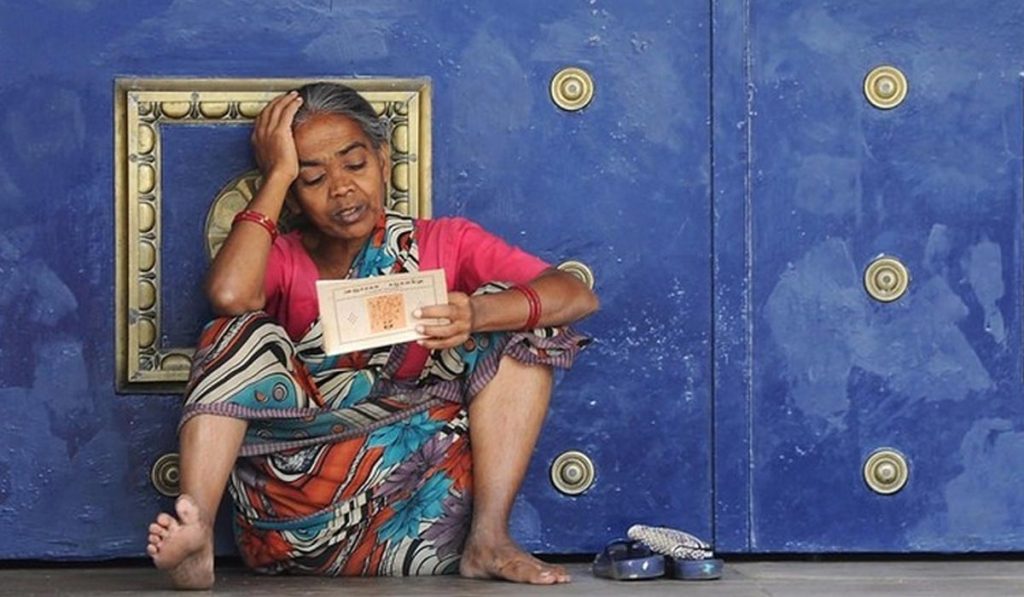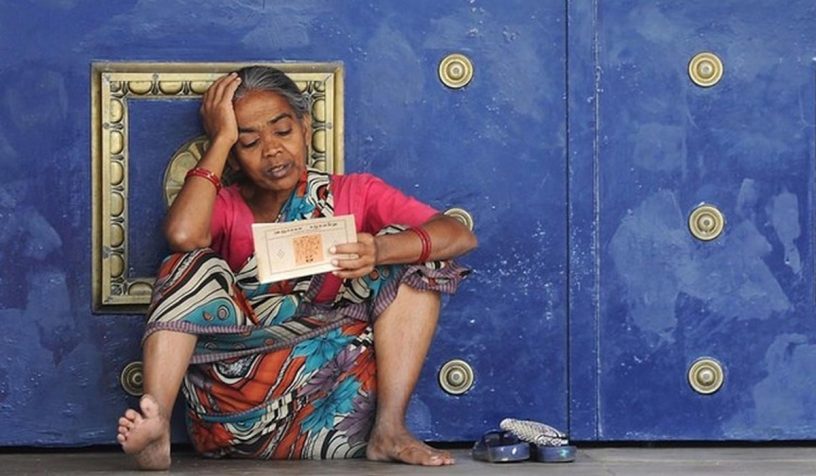
The article highlights the dire and urgent need to integrate mental health into primary health care and community-based intervention.
Authors
Prama Bhattacharya, Department of Humanities and Social Sciences, Indian Institute of Technology Kanpur, Uttar Pradesh, India. (Currently, she is an Assistant Professor, Jindal School of Psychology & Counselling, O.P. Jindal Global University).
Kumar Ravi Priya, Department of Humanities and Social Sciences, Indian Institute of Technology Kanpur, Uttar Pradesh, India.
Summary
Globally homeless mentally ill (HMI) individuals are considered one of the most vulnerable populations. An individual-centric, psychopathology-oriented focus of the existing mental health-care system limits the understanding of the HMI individuals through the disability lens overlooking their strengths and resilience that enable them to survive extremely hostile environments. Contemporary mental health research has embraced a paradigm shift that allows researchers to look beyond the predominant medical model to give precedence to a socio-culturally contexted and experientially firm understanding of human behaviour.
Through the theoretical lens of social suffering, this article attempts to understand the lived experiences of the HMI women, the perspective of their caregivers and the standpoint of service providers in the context of homelessness and mental illness.
A documentary analysis as a qualitative research methodology has been used to reflect upon the concerns mentioned above. Following Figueroa’s approach to the analysis of audio-visual texts, the documentary Lapata Zindagi, directed by Radhika Lata Murthy, has woven the stories of four HMI women and their caregivers have been analysed. The two-phased analysis involved constructivist grounded theory procedures.
The methodological steps, rigour and the resulting categories (experience of social suffering associated with homelessness among HMI women, denial of care and rights within patriarchy, helplessness associated with the burden of caregiving and roles of NGO and community in building hope and empowerment) have been discussed through the lens of social suffering and how stakeholders might facilitate hope and empowerment amidst it.
The article highlights the dire and urgent need to integrate mental health into primary health care and community-based intervention and move beyond clinical recovery to nurture ‘hope’ to enable recovery and empowerment for such marginalised populations.
Published in: International Journal of Social Psychiatry
To read the full article, please click here


